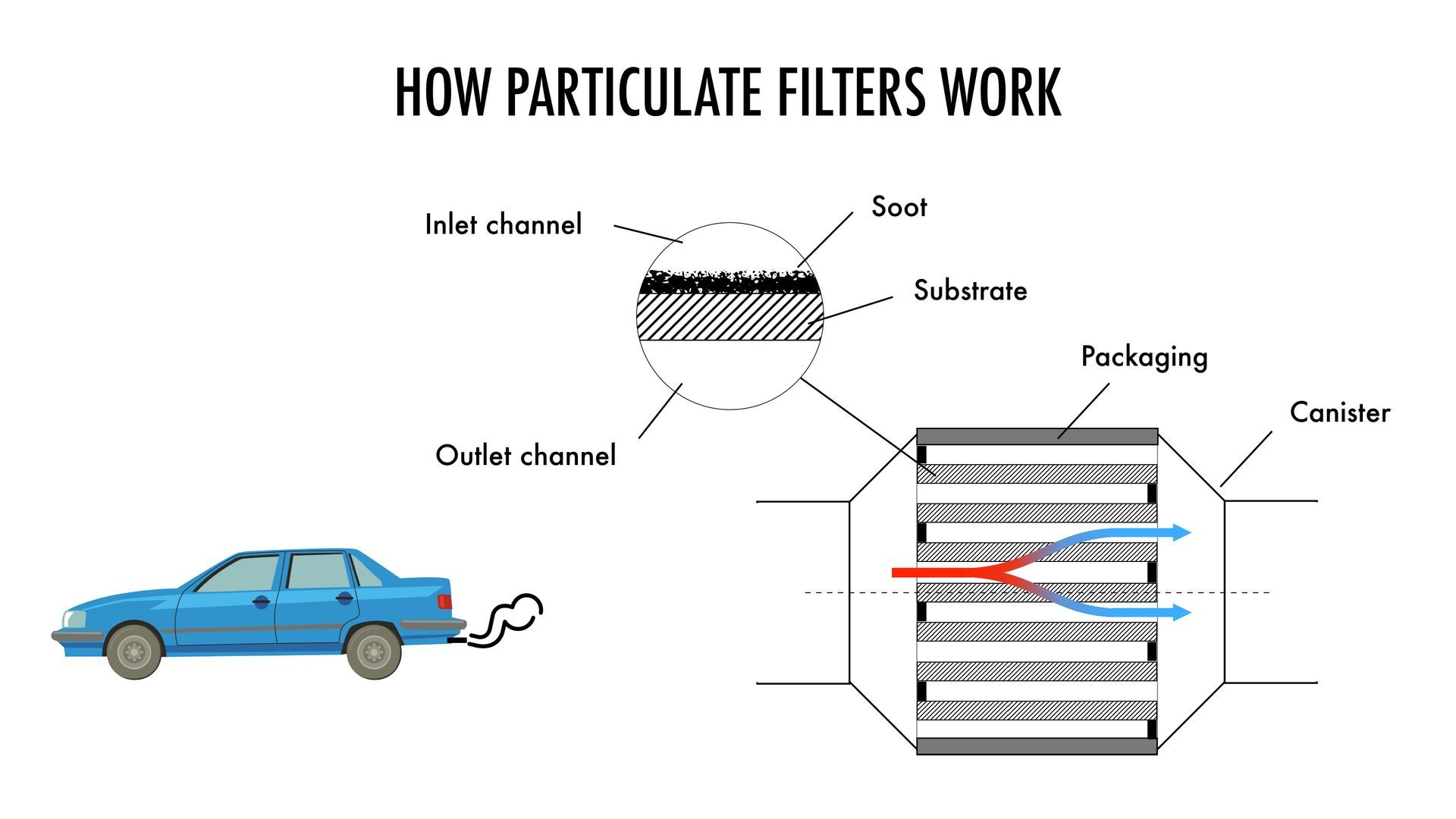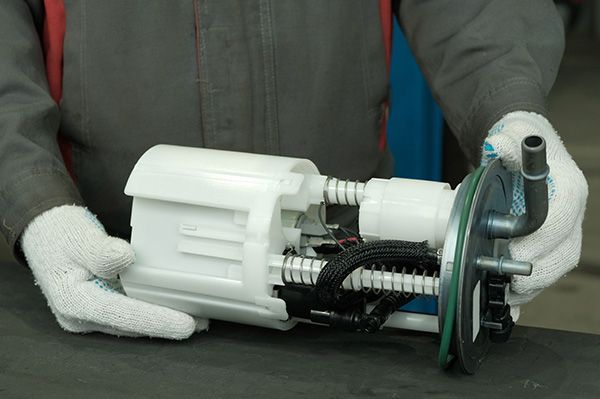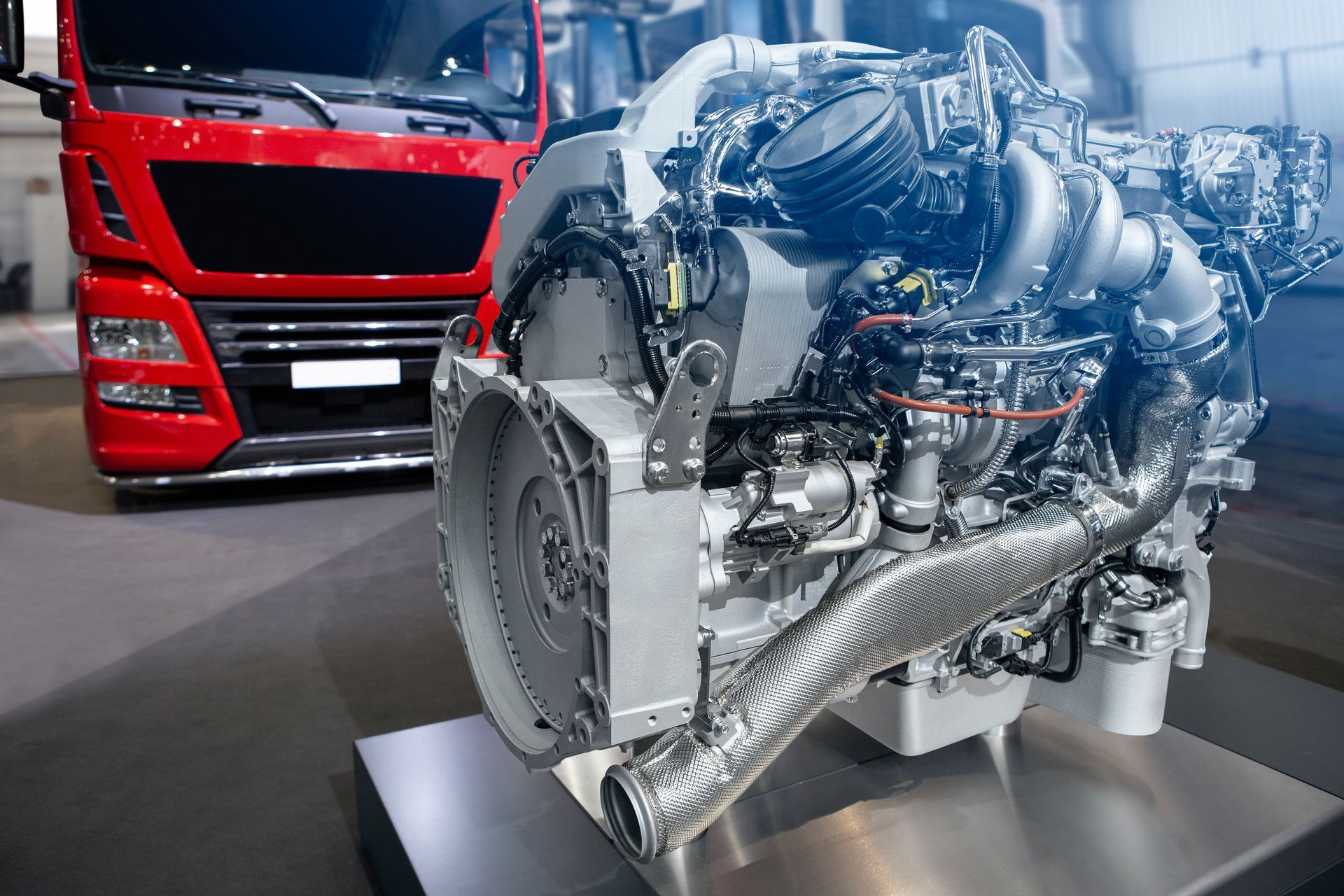Loading ...
Missing business hours data / Error occurred while getting the data.
Loading ...
Missing business hours data / Error occurred while getting the data.
The Jaw-Dropping Secrets Behind Engine Oil Nobody Is Telling You
December 23, 2023
Have you ever poured a quart of engine oil into your car and wondered about the secrets it holds within its viscous depths? This amber fluid, often taken for granted, is more than just a lubricant for your car's beating heart.
The Chemistry Behind Additives
When we think of engine oil, we usually focus on its primary job: to lubricate moving parts and prevent wear. However, modern engine oils are a concoction of base oils and a variety of additives – each with a specific purpose. These additives are like secret agents working undercover to protect your engine.
One such agent is the detergent additive. It cleans by preventing contaminants from coalescing into sludge that can clog your engine's arteries. Another covert operative in the mix is the dispersant additive, which keeps tiny particles suspended in the oil to be safely carried away to the filter. Then there's the antiwear additive that forms a protective barrier on metal surfaces to ward off damage from constant friction.
The Evolution of Engine Oil
Engine oils have evolved significantly over time. Did you know that early lubricants were derived from animal fats? Today's synthetic oils are engineered marvels designed to perform in extreme conditions where conventional oils might falter. They flow more easily at low temperatures and resist breakdown at high temperatures, making them ideal for both icy expeditions and scorching speedways.
What's truly astonishing is how synthetics can be tailored for specific engines – much like creating a custom suit that fits every contour perfectly. High-performance engines thrive on these specialized blends that cater to their demanding nature.
Viscosity - Not Just a Number
Viscosity ratings on oil containers aren't just random numbers - they can be considered as the most important factor that plays a big role in their efficiency. A 10W-30 oil, for example, has different flow characteristics when cold (the "W" stands for winter) versus when it's hot (the second number). Understanding viscosity ratings ensures you're giving your car what it needs seasonally, ensuring optimal performance year-round.
But here's something most don't tell you: using an oil with an incorrect viscosity can potentially hamper fuel economy or even cause damage over time by creating too much friction or not enough protection during start-up.
Frequently Asked Questions
Q: Can I switch between conventional and synthetic oil?
A: Yes, modern engines can typically handle switches between conventional and synthetic oils without any issues as long as you're using the correct viscosity grade recommended by your vehicle manufacturer.
Q: How often should I really be changing my engine oil?
A: The traditional advice has been every 3,000 miles or every three months, but many modern vehicles can go 5,000 miles or more thanks to advancements in oil technology. Always consult your owner's manual or trusted automotive professional for guidance tailored to your vehicle.
Q: Does expensive engine oil mean better quality?
A: Not necessarily. While price can sometimes reflect quality differences in base stocks and additives used, some brands might simply charge more based on their marketing or packaging costs. It's important to look beyond price and ensure any engine oil meets the API specifications required for your vehicle.
Does your car need a oil change? Give us a call at Riley's Auto & Diesel Repairs, and we will be happy to help!
Loading ...
Missing business hours data / Error occurred while getting the data.

Loading ...
Missing nap lines data / Error occured while getting the data.










